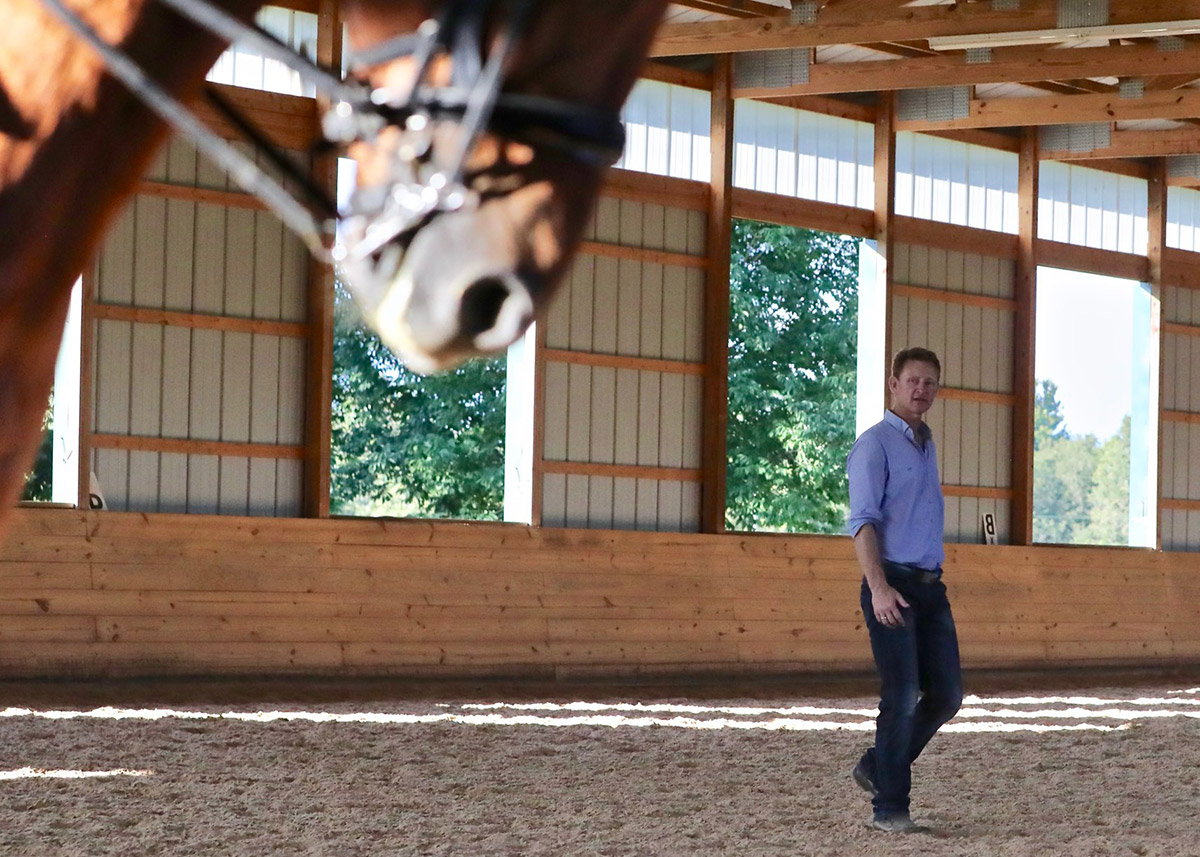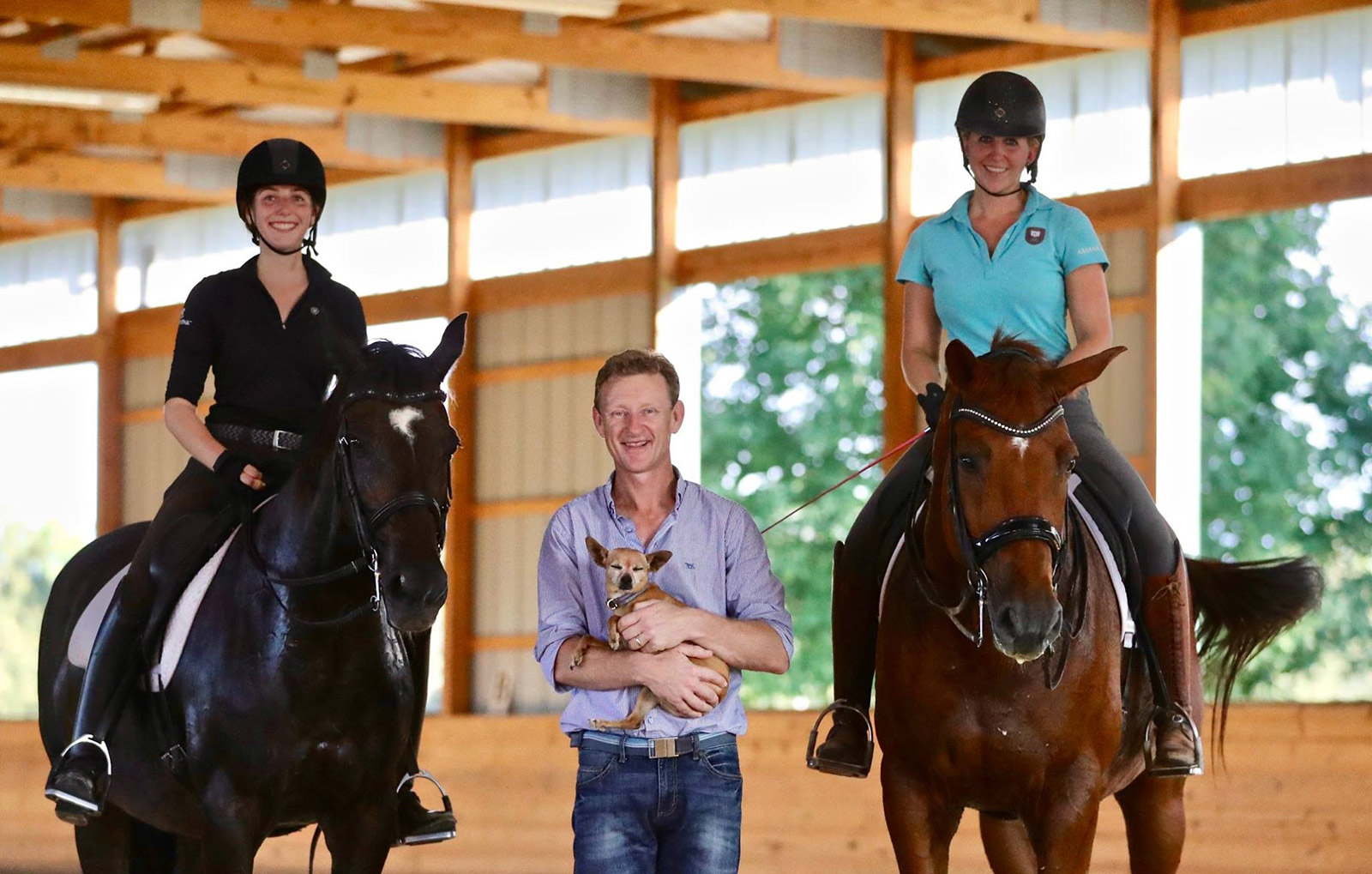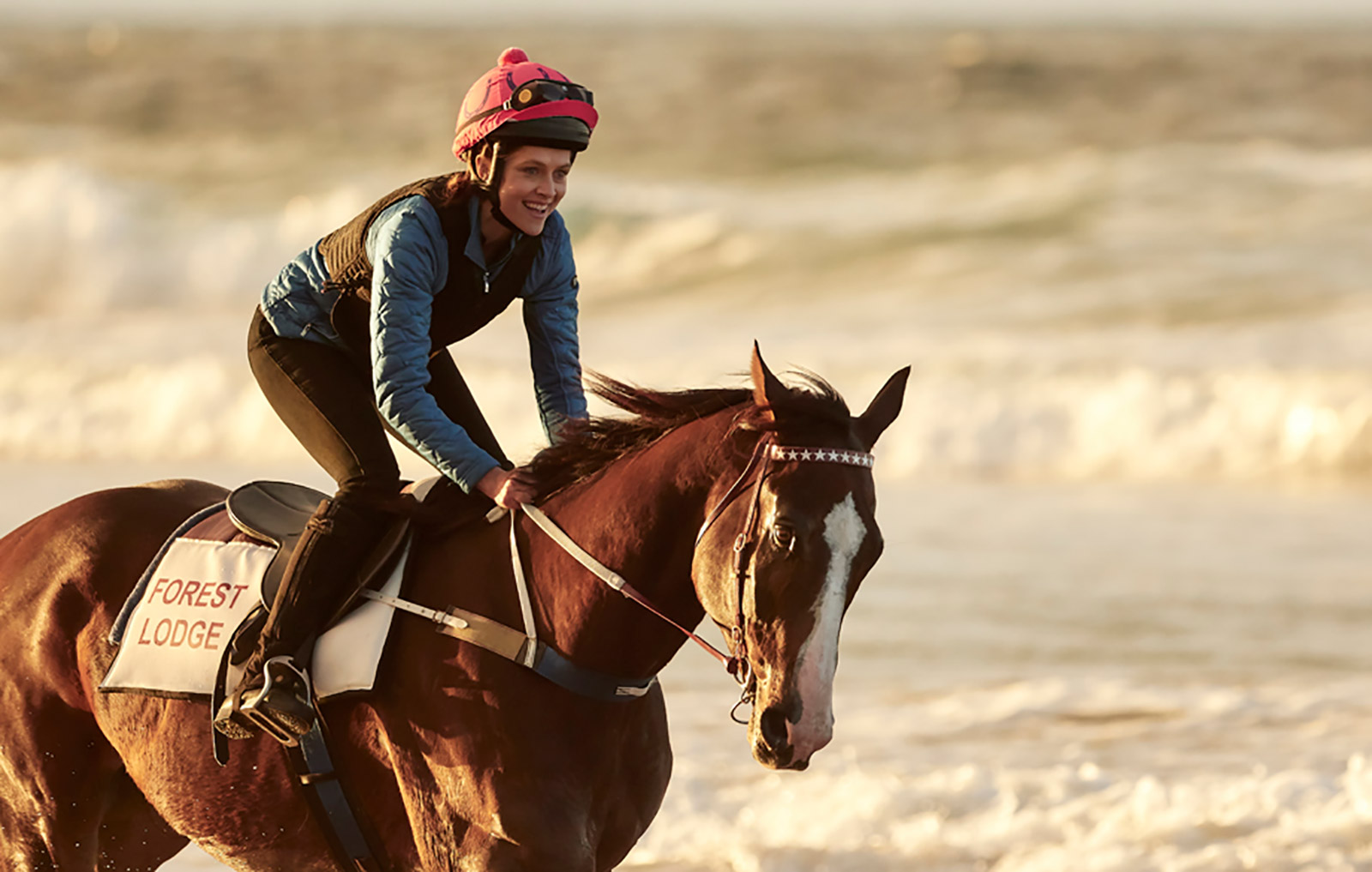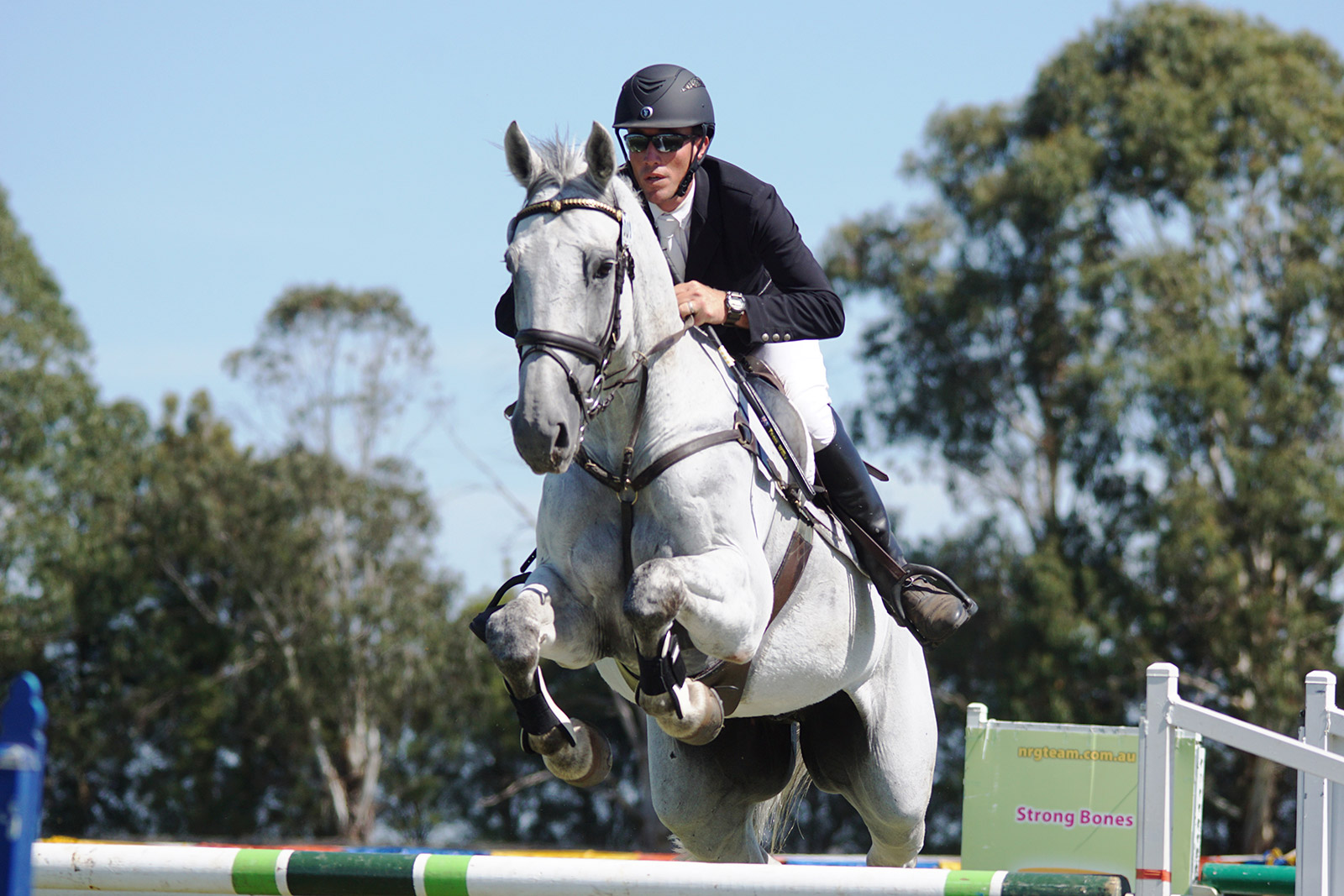Having taught dressage riders in private and clinic settings for more than 20 years, Brett Parbery has had plenty of time to do some serious learning himself about how riders learn.

Standard lessons are an important part of learning, but often alone they are not quite enough.
“I’m the last person
who should be saying this,
but I’ll say it anyway.”
The standard ‘lesson’ just isn’t enough
When you speak to riders who’ve spent time training in high performance settings, you find out that as much learning happens off the horse as it does in the saddle. Chats in the stable block, watching riders train horse after horse after horse, reading and discussing ideas over a meal (or a glass of wine!) is infinitely valuable to a rider, but unfortunately, most riders I ask don’t get much of a chance to partake in these kinds of off-the-horse activities.
These types of discussions are precisely what the usual 45-minute lesson format doesn’t offer; that is, the opportunity to discuss ideas and techniques in depth, and I believe this is essential for riders to fully understand what they need to do, and why.
Without this sort of theory-based learning supporting the learning in lessons, what you end up with is the rider being a puppet on a string, riding around the arena to the coach’s specific instructions: turn here, do this with your hands, do that with your legs and so on. How can a rider then replicate that when they’re training by themselves? They can’t, unless they truly understand the training concept, and experience tells me that it’s very difficult for riders to learn and implement a new concept simply from being told what to do in a lesson format.
I’m convinced that riders don’t absorb more than 25% of what’s said to them in a lesson. They’re dealing with their horses first and foremost, and not only the training but the spooking, the resistances, the spectators, not being able to hear, the list goes on. A constant stream of instructions from the coach just doesn’t sink in beyond the moment itself. Trust me, I’ve tried.
Good quality coaching is more than fantastic, it’s essential, but for optimised learning, the knowledge needs to be shared in formats beyond (but still including) the standard lesson format.
The visiting clinician isn’t the magic bullet either
Giving clinics around the country has been my bread and butter my whole career, so I’m the last person who should be saying this, but I’ll say it anyway. Participating in a clinic every couple of months is not going to yield you the best results as a rider.
I suspected this for a long time, and the recent Covid19 restrictions have proven my theory, because it’s forced me to stop travelling for clinics, and instead I’ve welcomed my clinic riders to have remote online lessons via video. The difference I’ve seen in switching the riders from a bi-monthly clinic to a weekly or fortnightly lesson has been greater than I even expected. Six weeks of regular lessons is yielding much better results than three clinics of two lessons each, which spans over six months!
There are so many wonderful coaches in Australia who can deliver the same outcomes for you. The trick is to find the coach that fits your personality and communicates in a way that resonates with you. I know access to coaches isn’t easy for everyone, so do try the online formats that many coaches are now offering (thanks Covid!) and if your internet isn’t great, you can always video your ride and then receive feedback on the video, just not in real time as you ride. That’s a great alternative.
I would highly recommend asking your regular clinician if they would consider doing some more regular coaching with you, remotely if needed, in between the clinics. Then, you need to add a couple of other vital ingredients to optimise your learning…

Covid-19 has lead to an increase in virtual lessons, which can be incredibly beneficial.
The answer lies in a combined approach
In my experience, riders need a combination of theory and practice. These two things can’t happen at the same time. The riders I know who are making the most progress are the ones who are combining theory through my Parbery Program courses, and practice through quality coaching. It’s a powerful combination that empowers riders to develop their own style and training system, which gives confidence in training their horses.
The theory gives riders the knowledge to ask the right questions in coaching sessions, which in turn gives the coach a fantastic foundation on which to refine and improve the rider, rather than spending the time trying to explain difficult or new concepts from scratch.
There are other ways to learn theory, for example, through books or videos. My recommendation with this is that it’s vital to try to learn a system, rather than randomly picking up disjointed pieces of information from YouTube and so on. These pieces of the puzzle don’t necessarily fit together and can leave you more confused than when you started! Consistency is so important, so try not to fall into the trap of going down a different path every time you hear a new piece of advice.
I’ve also found that riders thrive when they have the right support. We all need a combination of mentors, cheerleaders, and shoulders to cry on. Having like-minded people to discuss your insights and to share your achievements with is a huge advantage if you’re wanting to optimise your learning AND your enjoyment of your sport.
The final element that I find essential in a rider’s development is mentoring. It’s very difficult to be treading a path with no guidance from trusted mentors who’ve walked that path many times before. As much time as we spend in The Parbery Program talking about training strategies, we spend equal time (or more!) discussing the road to Grand Prix, goal-setting, resilience and development of ourselves as riders and trainers.
I hope this inspires you to think about your learning (and trust me, learning in our sport never ends, ever!) and how best to optimise your mix of theory and practice, community support and mentoring. Go ahead and create what you need around you, and you’ll start to reap the rewards in no time. Good luck and ride well! EQ




 NEXT GEN" decoding="async" loading="lazy">
NEXT GEN" decoding="async" loading="lazy">